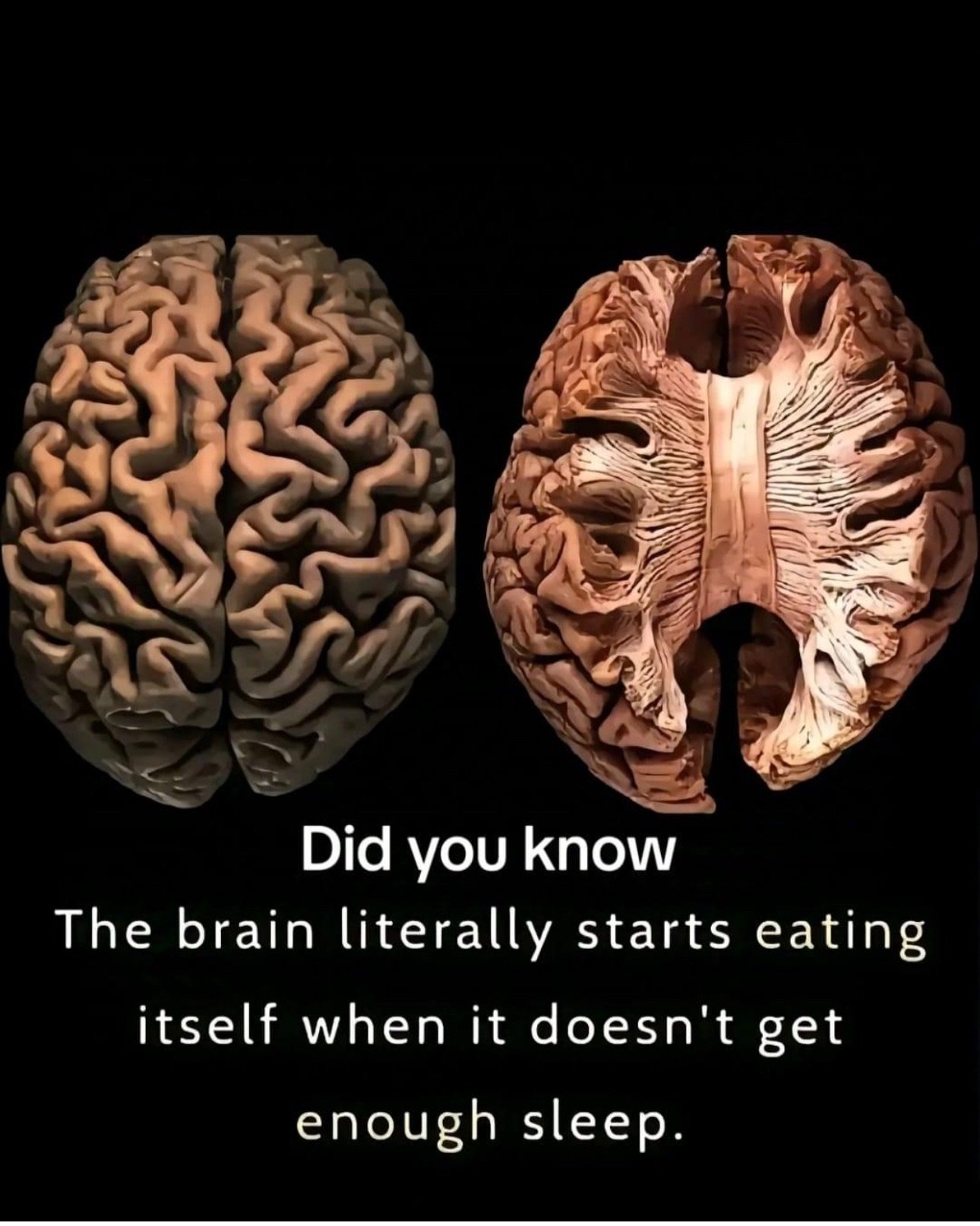The Importance of Sleep: What It Does to Your Brain and Why It Matters
In our fast-paced world, sleep often feels like an inconvenience—a block of unproductive hours that could be spent working, socializing, or binge-watching TV. However, sleep is not a luxury; it’s a necessity. It’s a critical process that impacts every aspect of our health, particularly our brain. Here’s why sleep matters and what happens to your brain while you slumber.
The Role of Sleep in Brain Health
Sleep is not just “downtime” for your body and mind. During sleep, your brain remains highly active, performing essential maintenance tasks that keep you functioning at your best.

Even the Quran stresses the importance of sleep:
1. Cleansing the Brain
One of the most remarkable processes during sleep is activating the glymphatic system. This system acts as a waste-removal network, flushing out toxins and metabolic byproducts, such as beta-amyloid, a protein linked to Alzheimer’s disease. This detoxification occurs most effectively during deep sleep, highlighting the importance of getting enough restorative rest.
2. Memory Consolidation
While you sleep, your brain processes and organizes information from the day. During rapid eye movement (REM) sleep and deep sleep, your brain solidifies new memories, reinforces learning, and integrates information into existing knowledge networks. These processes are disrupted without enough sleep, leading to forgetfulness and impaired cognitive performance.
3. Emotional Regulation
Sleep directly affects your emotional well-being. Lack of sleep impairs the brain’s prefrontal cortex (responsible for rational thinking) and amplifies activity in the amygdala, the brain’s emotional center. This imbalance can lead to heightened emotional responses, irritability, and even long-term mental health issues such as anxiety and depression.
4. Problem Solving and Creativity
Have you ever woken up with a solution to a problem or a burst of creativity? That’s no coincidence. Sleep allows your brain to process complex issues, explore new connections, and enhance creative thinking. REM sleep, in particular, is critical for fostering abstract thought and innovation.
What Happens to the Brain Without Sleep?
Sleep deprivation wreaks havoc on your brain. Here’s what can happen when you consistently miss out on quality sleep:

• Cognitive Decline: Poor sleep reduces your ability to focus, make decisions, and solve problems. Over time, it can lead to long-term cognitive impairments.
• Emotional Instability: Sleep-deprived individuals are more prone to mood swings, stress, and even irrational behavior.
• Increased Risk of Neurological Diseases: Chronic sleep deprivation is linked to a higher risk of developing Alzheimer’s disease, Parkinson’s disease, and other neurological conditions.
• Weakened Memory: Without adequate sleep, your brain struggles to store and retrieve information, making learning and recall more difficult.
Tips for Better Sleep
Given the profound effects of sleep on the brain, prioritizing quality rest is crucial. Here are some tips to help you sleep better:
1. Maintain a Regular Sleep Schedule: Go to bed and wake up simultaneously every day, even on weekends.
2. Create a Sleep-Friendly Environment: Keep your bedroom calm, dark, and quiet. Consider using blackout curtains and white noise machines.
3. Limit Screen Time Before Bed: Phones and computers emit blue light, which can disrupt your body’s production of melatonin, a hormone that regulates sleep.
4. Avoid Stimulants: Limit caffeine and nicotine intake, especially in the afternoon and evening.
5. Wind Down: Develop a bedtime routine, such as reading, meditating, or taking a warm bath, to signal your brain that it’s time to sleep.